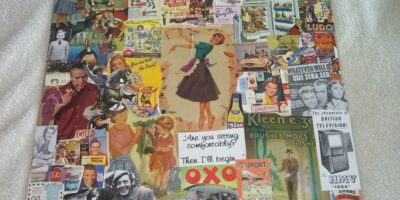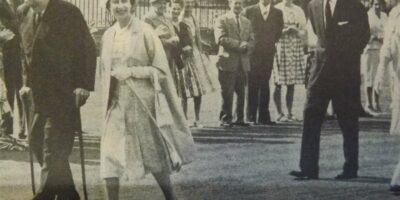In her monthly column, Suzanne Mumford explores how CST can really help to get people talking…
Cognitive Stimulation Therapy (CST) is a short therapeutic treatment for people with mild to moderate dementia, and is essentially engagement in a range of activities and discussions (usually in a group) that is aimed at general enhancement of cognitive and social functioning.
When regular CST sessions are delivered sensitively they help to improve memory, levels of well-being, social confidence and self-esteem and slow down cognitive decline.
Key Principles:
- Mental stimulation – getting people’s minds active and engaged
- New ideas, thoughts and associations – encouraging new ideas rather than just reminiscing
- Using orientation; sensitively and implicitly – done subtly and sensitively at the beginning of each session
- Opinions rather than facts – focusing on people’s strengths to build self confidence
- Using reminiscence, and as an aid to the here and now – reminiscence is a useful tool to help with orientation
- Providing triggers and prompts to aid recall and concentration – uses a multisensory approach to stimulate memory
- Continuity and consistency – regular sessions run at the same time, ideally by the same person, following the same format, with new content and old favourites
- Implicit (rather than explicit) learning – the groups are a fun activity which result in learning
- Stimulating language – encouraging people to retain their language skills
- Stimulating executive functioning – helping people to retain their abilities in planning and organising (often lost with dementia)
- Person centred – seeing the ‘person first’ rather than focusing on their dementia
- Respect
- Involvement
- Inclusion
- Choice
- Fun
- Maximising potential
- Building and strengthening relationships
How does using the Sparkles help provide CST?
Regular use of the Sparkles offers opportunities for regular CST sessions for people with dementia. The Sparkles are carefully designed to provide opportunities for regular group activities including the Chit Chat Club – a daily or weekly activity held at the same time with a regular group of people to discuss the articles from the Daily Sparkle. The format of the Sparkles is ideal to embed the key principles of CST and offers a simple ‘ready-made’ programme.
Suzanne Mumford is working with us on our Best Practice Training Course for activity coordinators. She has over 25 years experience working as a dementia and activities specialist for several leading UK care home groups, is a qualified trainer and is currently Specialist Advisor (Nursing) on CQC care home inspection teams.You can book the Daily Sparkle Activity Coordinators’ Best Practice Training online.




